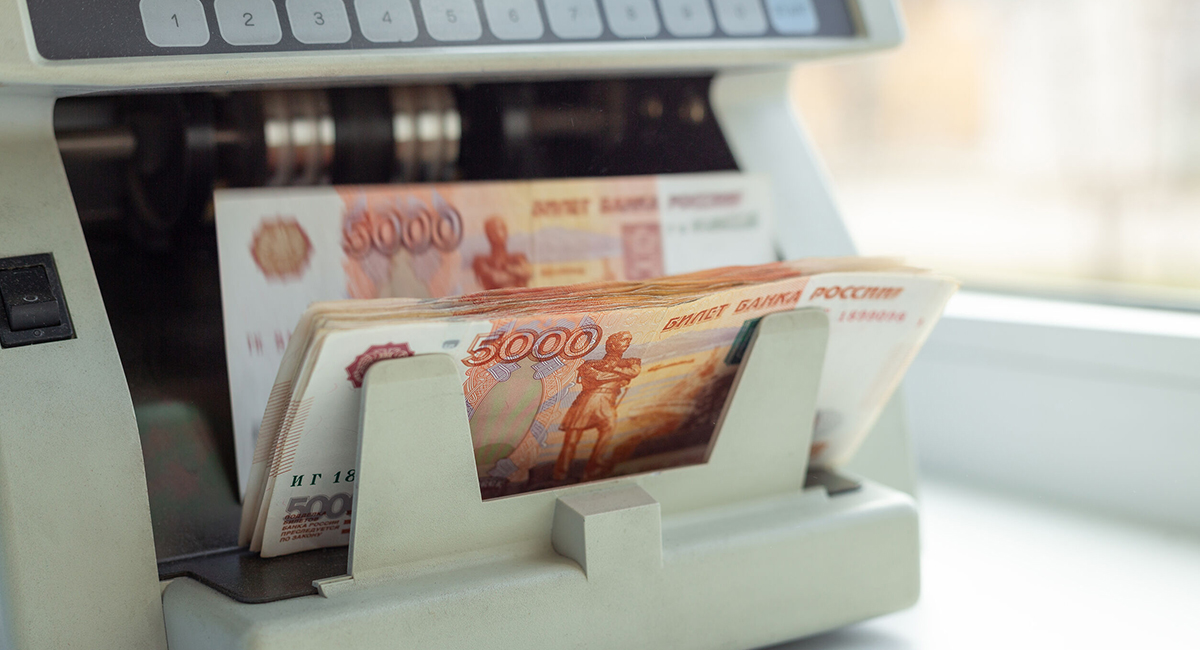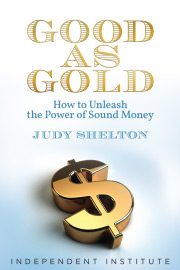While the U.S. has barred most transactions by American institutions with Russia’s central bank and Finance Ministry, a temporary exemption from the Treasury Department permits Russia to make these debt payments through May 25.
The question of whether Russia continues to honor its contractual bond obligations in foreign currencies goes beyond consideration of its financial capacity as a nation or even its ability to justify default in the face of harsh Western sanctions. Fear of failure in the global financial arena has haunted Russian leaders since the Soviet government suspended foreign-debt servicing in January 1918 and repudiated all bonds issued under the czarist government—some carrying maturity dates 80 years into the future.
In the early Soviet years, Marxist policies for a “workers’ paradise” wrought such economic devastation that Vladimir Lenin was forced to restore certain aspects of market capitalism, including limited private ownership of agriculture and retail trade, to salvage the future of Bolshevism. The Soviets introduced a gold-backed currency, the chervonets, in 1922 to combat hyperinflation. But Western creditors and governments held the Soviet Union in contempt for disavowing its public debts in violation of international law.
Joseph Stalin spurned the West’s rejection by proclaiming his own nation’s financial superiority; in March 1950, the Soviet government declared the ruble “the world’s most stable currency” despite its inconvertibility into Western currencies. Abel Aganbegyan, a former economic adviser to Mikhail Gorbachev, tells how Stalin ordered government statisticians to calculate the purchasing power of the dollar in comparison to the ruble—only to frown, cross out their figure with a pencil, and substitute his own exchange-rate valuation: 1 ruble equals $4.
Reality hit hard in the post-Soviet 1990s as Russia’s chronic fiscal deficits continued to wreak havoc on its financial viability and borrowing capacity. The prior decade, Mr. Gorbachev had settled British claims on defaulted czarist bonds to permit Soviet entry into world financial markets; his goal was to rebuild the Soviet economy using Western financial capital. But the fundamental problem of deteriorating productivity and an overreliance on energy revenue cast Russia into bankruptcy and political crisis.
By mid-1998, Boris Yeltsin was struggling to salvage the ruble and stem capital flight; interest rates soared to 150% on government bonds. On July 29, Yeltsin replaced his Federal Security Service chief with Vladimir Putin.
The consequences of Russia’s total financial meltdown less than three weeks later, on Aug. 17, were devastating. The Russian government devalued its currency, defaulted on its domestic debt, and declared a moratorium on payment to foreign creditors. The Russian stock market lost more than 75% of its value from January to August 1998. Inflation reached 84% while real gross domestic product declined 4.9%. Meanwhile, efforts by the Russian Central Bank to defend the currency had depleted Russia’s foreign reserves; the ruble lost more than two-thirds of its value against the dollar by late September.
Mr. Putin’s perspective on the connection between currency stability, public debt and access to foreign capital was formed in this crucible of financial desperation and national humiliation. It continues to influence his thinking and actions.
Insisting that the West is seeking to push Russia into an “artificial default” by freezing its foreign-currency reserves held abroad, Finance Minister Anton Siluanov announced March 16—the due date for the interest payments—that Russia had fulfilled its debt obligations in foreign currency: “We have the money, we paid the payment; now the ball is on the side, first of all, of the American authorities.” The same day, Mr. Putin asserted that the U.S. and European Union had “announced the most real default of their own obligations before Russia” by placing sanctions on Russia’s foreign-currency reserves.
Does it matter that Mr. Putin seems to have more respect for the rules of international finance than he does for the rules of war? What can we glean from the perverse pride of a former counterintelligence officer striving to avoid a hard default in Western currencies?
It is difficult to fathom the psyche of a person who dismisses the territorial integrity of independent states and brutally targets civilians, while appearing at the same time obsessively concerned about being viewed as financially fastidious. But it’s important that we try to understand Russia’s leader—his motivations and objectives, his primal fears and self-aggrandizing ambitions—for strategic reasons. As Sun Tzu advises: Know your enemy.
Western policy makers need to comprehend the threat level inherent in freezing Russia’s international reserves through Russian eyes. “There is nothing more to support the ruble,” former Russian Prime Minister Mikhail Kasyanov commented on Twitter in late February. “Turn on the printing press. Hyperinflation and economic catastrophe are just around the corner.” The threat becomes personal for Mr. Putin when blame is directed not at the West but at him. “These are all Putin’s criminal acts,” Mr. Kasyanov added in his tweet.
It would take a psychiatrist to probe the depths of Mr. Putin’s sense of vulnerability in the face of pending default—technical or real—on its sovereign debt denominated in foreign currencies. Russia wouldn’t be the first nation to conflate economic ruin with an act of war. According to a 2009 Strategic Studies Institute report on Japan’s actions in 1941, “Americans underestimated the role of fear and honor in Japanese calculations and overestimated the effectiveness of economic sanctions as a deterrent to war.”
Mr. Putin put Russian nuclear forces on alert the day after sanctions blocked Russian access to its currency reserves held abroad. Failure to make future payments will constitute default if not cured within 30 days. That gives new meaning to the notion of a grace period.









